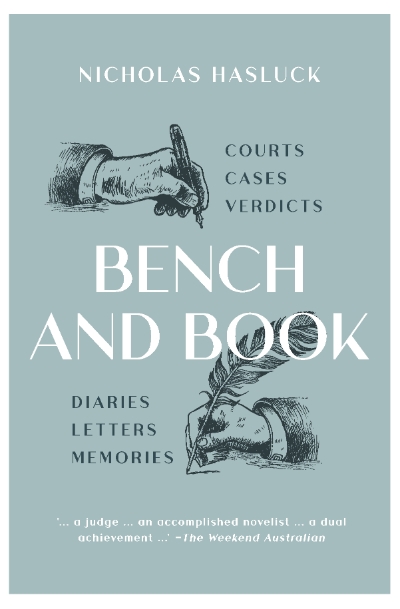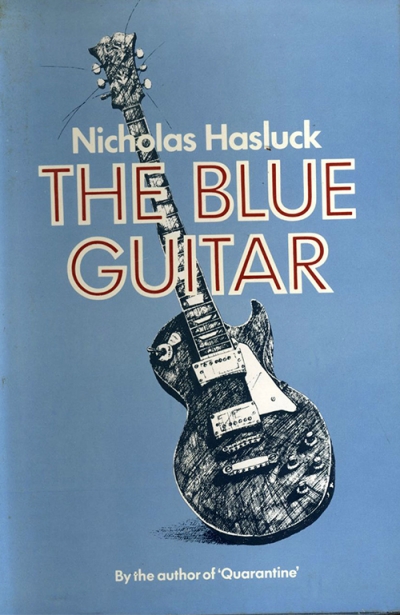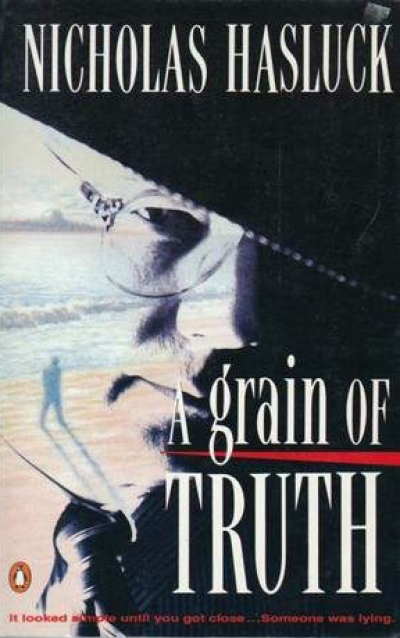Nicholas Hasluck
Are you a regional writer?
I suppose I am, if your definition of a regional writer is someone who evokes atmosphere and themes which have a particular relevance for a region. Firstly, to take the most obvious thing there has always been a particular buccaneering business style, dating from the days of the goldrush of the 1890s and in various eras since, and the whole 1980s materialistic era was written even larger on the West Coast than other places. Going even further back in historical terms when you think of the peculiarities of the exploration of this coast, both by the French and the Dutch, that is something which distinguishes the West Coast. Because of my particular enthusiasm for history and research and canvassing matters of the early exploration, it is a theme which has found its way into three or four of my books.
... (read more)


